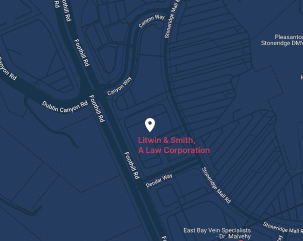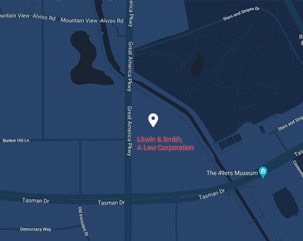Most people seeking an employment-based visa have to follow similar steps in the application process. The first step is labor certification. The second step, in most cases, is filing the I-140 petition.
You may make it through the labor certification phase without a hitch, only to face denial at the I-140 phase. This can be extremely disappointing. However, there are steps you can take prior to labor certification that can put you in better standing for the I-140 petition.
Qualifying visa category
U.S. Citizenship and Immigration Services (USCIS) will scrutinize the requirements of the visa category for which the applicant is applying. Exact wording of the job description on the labor certification could make or break things for the applicant at the I-140 stage.
For example, one requirement of the EB-2 employment visa is a U.S. – or foreign equivalent – Bachelor’s or Master’s degree. If the job description listed in an EB-2 applicant’s labor certification states that a requirement of the job is a Bachelor’s degree – and that the employer will accept a three-year Bachelor’s degree – then this wording alone could be grounds for denial at the I-140 stage. This is because a U.S. Bachelor’s degree is a four-year degree, so a three-year Bachelor’s degree earned in another country would not be considered a foreign equivalent.
Qualifying experience
Work experience is another factor that will need to be adequately proven. An applicant will need to provide evidence that they satisfy the work experience requirement outlined in the labor certification. Letters from former employers can often be useful in proving that this criterion has been met. However, if a former employer’s letter does not provide enough detail about how the applicant met the necessary requirements, this could be grounds for denial.
Appropriate wages
The employer must list the sponsored employee’s pre-offered wage in the labor certification. From the date of the labor certification filing onward, the employer is responsible for demonstrating that they will – and have the means to – pay the wage stated. The USCIS will do their due diligence to ensure that this is possible by examining the employer’s net income as well as other financial and tax records. If the employer pays the sponsored employee less than the wage listed in the labor certification, it could lead to a Request for Evidence – and perhaps a denial.
The employment visa application process is multi-faceted and extraordinarily detailed. The omission of even one small detail that could hinder the USCIS in making an unequivocal assessment could result in a disappointing outcome. This is why it’s so important to seek the help of an experienced immigration professional in the application process.

